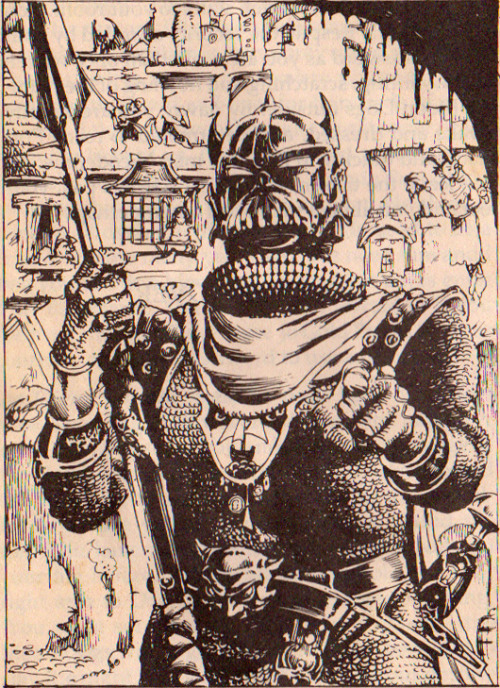Why the smurf would you want to spend those 4 hours shopping for adventuring supplies from the PH as roleplayed, versus 10 minutes to look up prices, subtract the gold, and get to the dungeon or talking to the Duke about his trade agreement?
Some play for the storytelling or the roleplaying. For both types of gamers, the setting and the NPC's are a large part of what the game is about. So, for example, buying a horse can be an interesting encounter, not a boring one, if the players and DM want to make it interesting.
(BTW, "War Horse" has two scenes of merely buying a horse, but it's probably going to win Best Picture this year.)




